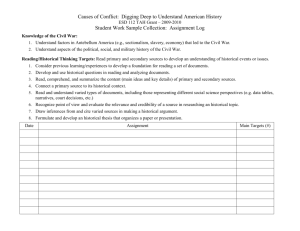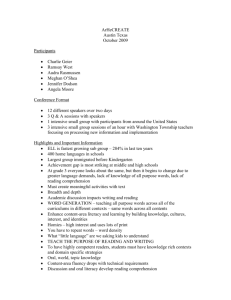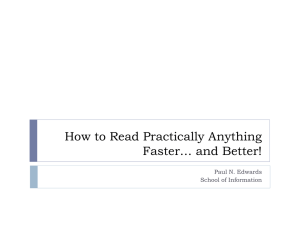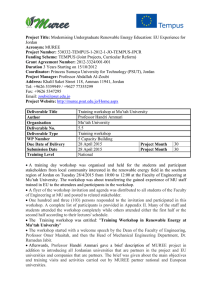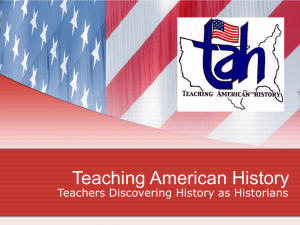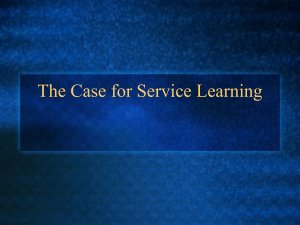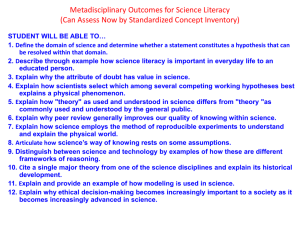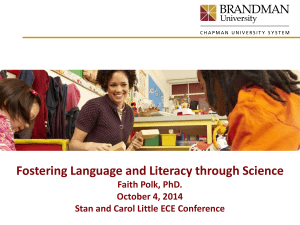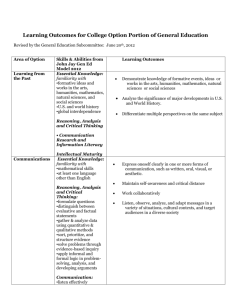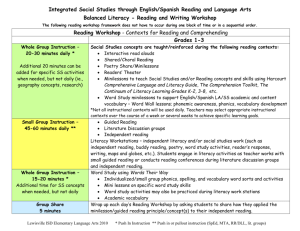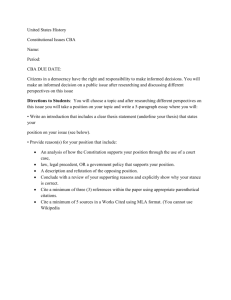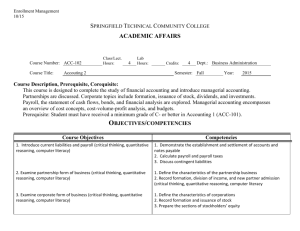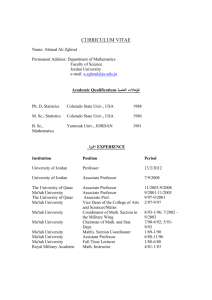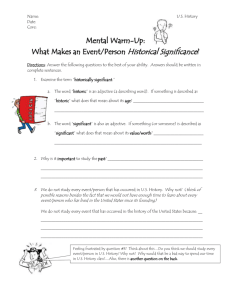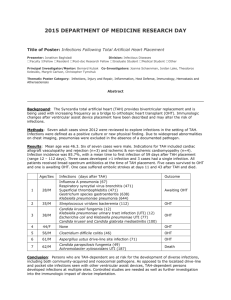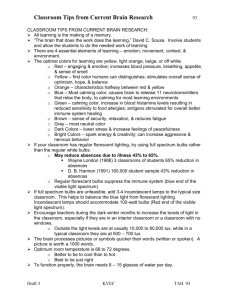Rich Christen and Peter Thacker - Teaching American History in SW
advertisement
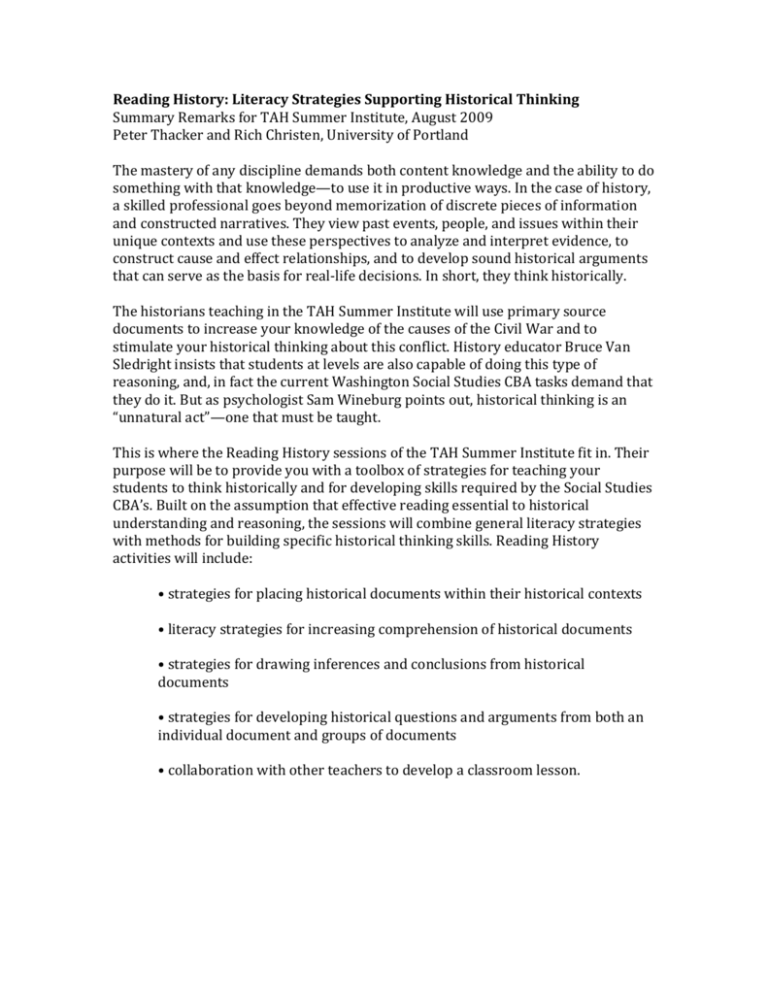
Reading History: Literacy Strategies Supporting Historical Thinking Summary Remarks for TAH Summer Institute, August 2009 Peter Thacker and Rich Christen, University of Portland The mastery of any discipline demands both content knowledge and the ability to do something with that knowledge—to use it in productive ways. In the case of history, a skilled professional goes beyond memorization of discrete pieces of information and constructed narratives. They view past events, people, and issues within their unique contexts and use these perspectives to analyze and interpret evidence, to construct cause and effect relationships, and to develop sound historical arguments that can serve as the basis for real-life decisions. In short, they think historically. The historians teaching in the TAH Summer Institute will use primary source documents to increase your knowledge of the causes of the Civil War and to stimulate your historical thinking about this conflict. History educator Bruce Van Sledright insists that students at levels are also capable of doing this type of reasoning, and, in fact the current Washington Social Studies CBA tasks demand that they do it. But as psychologist Sam Wineburg points out, historical thinking is an “unnatural act”—one that must be taught. This is where the Reading History sessions of the TAH Summer Institute fit in. Their purpose will be to provide you with a toolbox of strategies for teaching your students to think historically and for developing skills required by the Social Studies CBA’s. Built on the assumption that effective reading essential to historical understanding and reasoning, the sessions will combine general literacy strategies with methods for building specific historical thinking skills. Reading History activities will include: • strategies for placing historical documents within their historical contexts • literacy strategies for increasing comprehension of historical documents • strategies for drawing inferences and conclusions from historical documents • strategies for developing historical questions and arguments from both an individual document and groups of documents • collaboration with other teachers to develop a classroom lesson.
